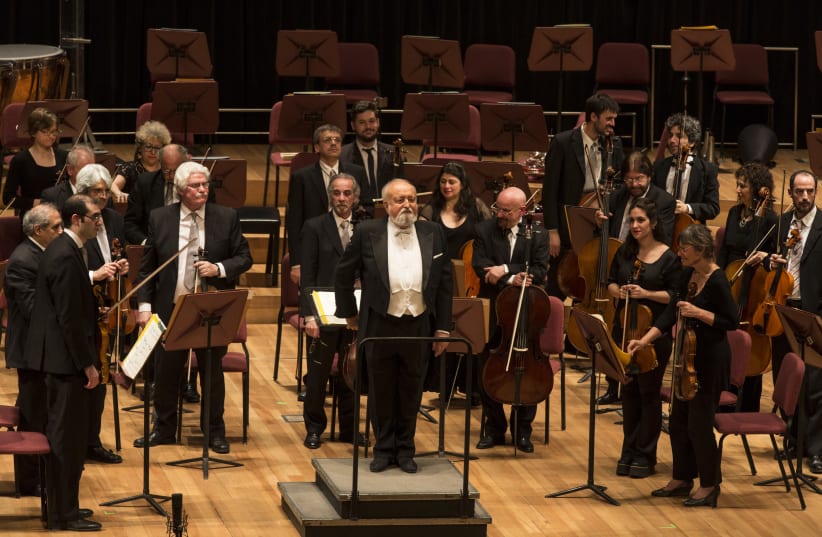The finished symphony was performed in Jerusalem the following year. Movie-lovers from around the world heard his music on films such as The Exorcist (1973),The Shining (1980), and Wild at Heart (1990).Penderecki himself always spoke about his joy at being loved by the larger public and not confined to the slightly obscure realm of modern composers.Among his many awards was the Wolf Prize, given by Israel to artists and scientists for their "achievements in the interest of mankind and friendly relations among people.”
Polish composer Penderecki, who was inspired by Jerusalem, dies age 86
The world-renowned composer and conductor was hailed for such brilliant works as 'Saint Luke Passion’ and ‘The Seven Gates of Jerusalem.’
